 |
 |
 |
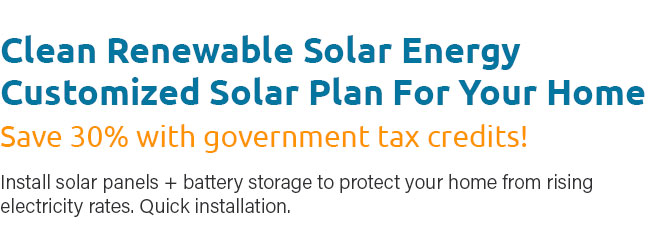 |
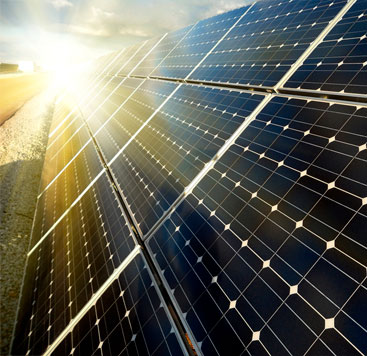 |
 |
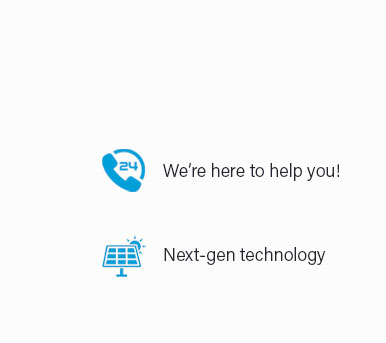 |
 |
 |
 |
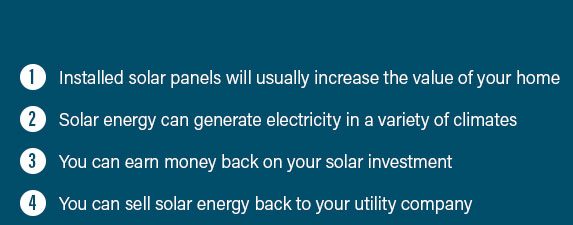 |
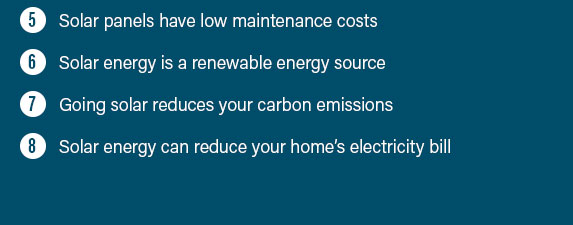 |
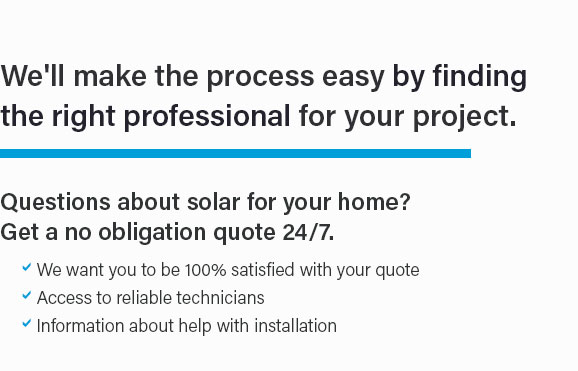 |
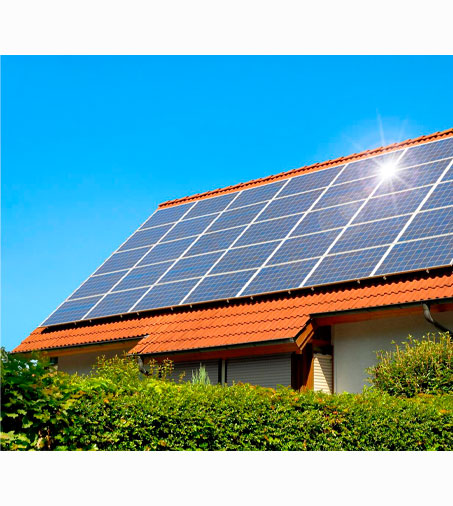 |
|
 |
 |
 |
|
Unlock the power of the sun with our unbeatable solar panels installation quote-your gateway to a cleaner, more sustainable future with the Energy Solar System. Imagine transforming your home or business into a powerhouse of efficiency and savings, all while reducing your carbon footprint. Our expert team makes the process seamless, from consultation to installation, ensuring you harness every ray of potential. Ditch the uncertainty of rising energy costs and embrace a smarter, greener lifestyle today. Ready to make the switch? Get your personalized quote now and take the first step towards energy independence!
https://www.altestore.com/collections/solar-power-systems?srsltid=AfmBOooDhhI1Pp6uuhTdrHkg_po8aei4E9MTF8_EhHUUSZiBaWNl7cW-
Homeowners, if you're looking to reduce your energy bills and create a better energy future for yourself and your family, why not look into going solar? https://www.energy.gov/eere/solar/how-does-solar-work
Solar technologies convert sunlight into electrical energy either through photovoltaic (PV) panels or through mirrors that concentrate solar radiation. https://www.duke-energy.com/energy-education/how-energy-works/solar
What is solar energy? Solar panels generate electricity with no carbon emissions when light particles, called photons, reach the panel's surface.
|